Book Review | The Art Of War by Sun Tzu
Published: May 7, 2024
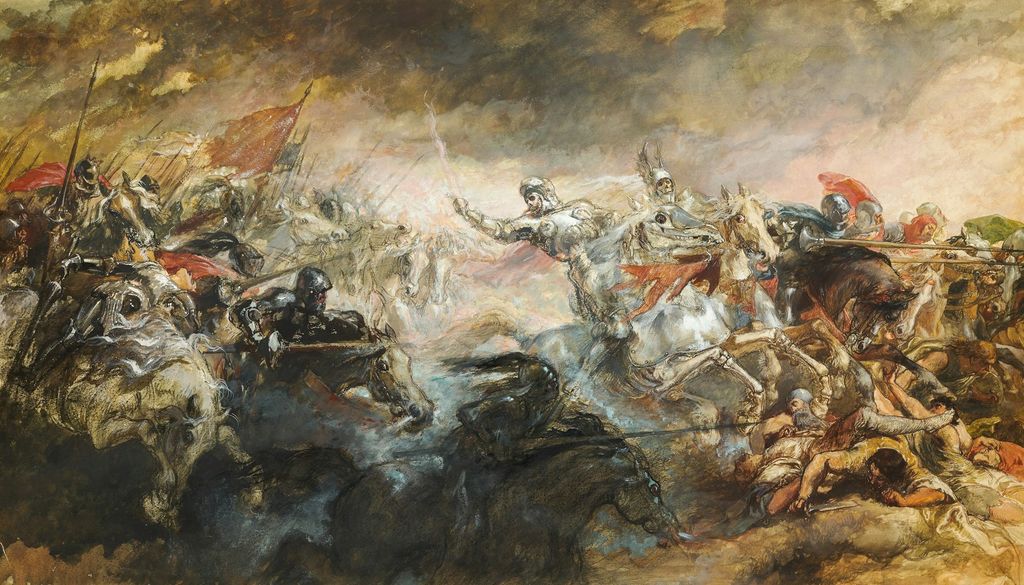
Prelude
As some of you may know, I have been implementing a rigorous reading habit over the last 2 years. Last year, I have read 24 books and you can find information about them here in this blog post.
Reading fills me up with joy and it is surely the best use of my free time. Moreover, it is a strategic habit that makes me a well-rounded person for today as well as for the challenges waiting ahead that comes with big dreams.
This year, I'm planning to read 36 books. Reading this many books brings up its own responsbilities. You probably experienced forgetting the scenario of a movie you watched or a book you have read. While this is not a big deal when it comes to movies, for books, this is truly a waste.
Because, especially for non-fictoin books, we are reading works that encapsulate years of research/ experience by the brightest minds in the world. We surely want to take home some of the key points in these books, and leverage these learnings in life.
For this reason, reading a book is not sufficient. A good reader should highlight sections of importance while reading, and more importantly, should create a summary of the most important points in the book to digest the theme well.
So, here on my website, I decided to share a summary of all books I will be reading going forward. This way, it will help me digest the book, leave a package of things learned behind, and hopefully these book reviews will help other people when they need quick access to the book's wisdom.
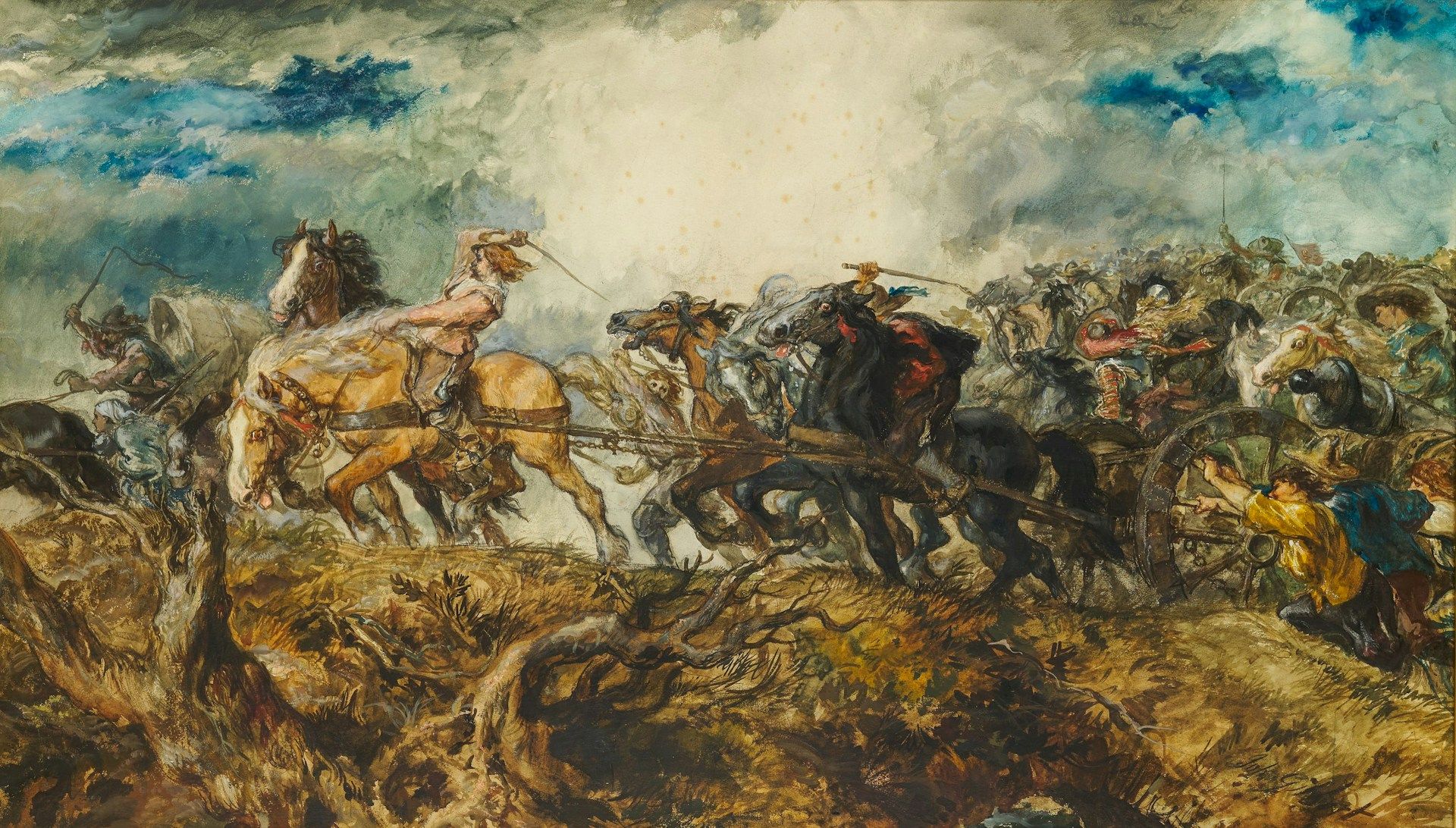
The Art of War
I have picked up this book while travelling in Lebanon at the Beirut-Rafic Al Hariri International Airport. It has been on my to-read list for sometime and its small size makes it the perfect book to read while waiting in airport/ flying.
This book is interesting, as each teaching from Sun Tzu is accompanied by explanations by 11 ancient commentators such as Li Quan and Jia Lin. These makes the book both easier and harder to read. Easier, because, some of Sun Tzu's wisdom is ambiguous, and the commentators bring clarity to his teachings. Harder, because, you will get to read each teaching in several slighly different formats, and this feels repetitious.
As the name suggests, the book lays out tactics for winning in war:
It is said that victorious warriors win first and then go to war, while defeated warriors go to war first and then seek to win.
Zhang Yu
Some of the teachings like above are highly relevant even to this day. For example, if you want to undertake something, Sun Tzu suggests to study the topic well in advance, and only get involved if you can be sure of success. Dive first, survive later mentality brings calamity.
Newsweek makes a point below about how the book is still relevant to this day:
Absorb this book, and you can throw out all those contemporary books about management leadership.
Newsweek
This is a little bit of stretch. Why? While some of Sun Tzu's teachings are surprisingly relevant and important to this day like below:
A surrounded army must be given a way out. Do not press a desprate enemy.
Sun Tzu
Some teachings have lost its relevancy like below:
It is essential for a leader to know about the five kinds of espionage: Local spy, Inside spy, Reverse spy, Dead spy, and Living spy.
Sun Tzu
I think espionage does not count as one of the essential skills for today's leader anymore. The general advice I get these days is to ignore competitors, and focus on your product and win your customers. You are definitely not expected to get involved in espionage activities.
Although I'm against the glorification of Art of War as 21st century leadership book, the book still has a lot of valid points like below:
A military force has no constant formation, water has no constant shape: the ability to gain victory by changing and adapting according to the opponent is called genius.
Sun Tzu
Sun Tzu is telling us not to be rigid, and adapt to the changes in dynamics. This is true to this day. We see companies/ people who do same things over and over again, develop expertise in a narrow area and forget adapting/ resist change. These are sure to fail.

Anti-War Rhetoric in The Art of War
This might surprise you but Sun Tzu is against employing wars, and he recommends using wars as only last resort:
Those who win every battle are not skillful. Those who render others' armies helpless without fighting are the best of all. [...] Therefore one who is good at martial arts overcomes others' forces without battle, conquers other's cities without siege, destroys others' nations without taking a long time.
Sun Tzu
Sun Tzu even recommends fleeing, pretending to be weak, getting into alliances to avoid wars that will surely end in defeat. And when the inevitable happens and war starts, he recommends keeping it short:
Persistence is not profitable. An army is like fire - if you don't put it out, it will burn itself out.
Cao Cao
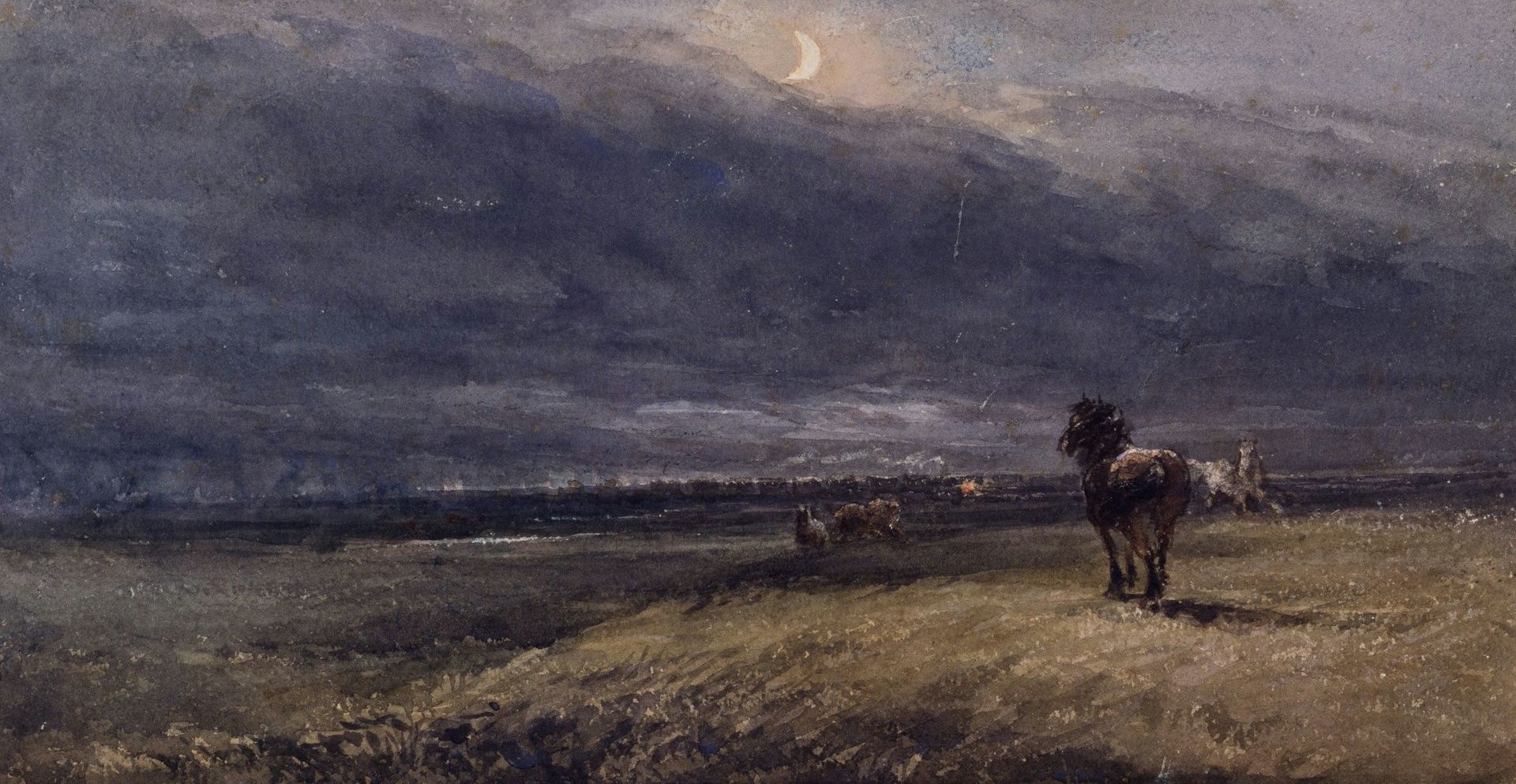
Conclusion
Overall, what I liked in this book was how Sun Tzu was realist about the tragic nature of war. He mentions that wars are only tools to keep the wealth of the nation, and should be employed with great care.
He does not glorify wars. He recommends getting involved in wars where you are sure to defeat your opponent and avoid others.
Some parts in the book where he talks about deceiving your opponents, or keeping your strategy secret even from your own troops may have been relevant at the time, but these are not helpful in today's management landscape.
Overall, I would definitely recommend reading this book, as it is a classic. While I can't say the whole contents of the book was helpful, there are pieces of information that are still relevant to this day. It also provides an interesting thought exercise as how to liken the ancient war tactics to today's business landscape.
Leave comment
Comments
Check out other blog posts

2025/07/07
Q-Learning: Interactive Reinforcement Learning Foundation

2025/07/06
Optimization Algorithms: SGD, Momentum, and Adam

2025/07/05
Building a Japanese BPE Tokenizer: From Characters to Subwords

2024/06/19
Create A Simple and Dynamic Tooltip With Svelte and JavaScript

2024/06/17
Create an Interactive Map of Tokyo with JavaScript

2024/06/14
How to Easily Fix Japanese Character Issue in Matplotlib

2024/06/13
Book Review | Talking to Strangers: What We Should Know about the People We Don't Know by Malcolm Gladwell

2024/06/07
Most Commonly Used 3,000 Kanjis in Japanese

2024/06/07
Replace With Regex Using VSCode

2024/06/06
Do Not Use Readable Store in Svelte
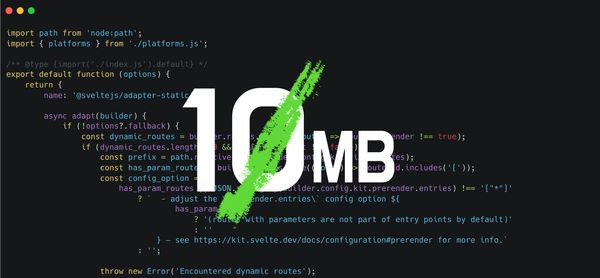
2024/06/05
Increase Website Load Speed by Compressing Data with Gzip and Pako
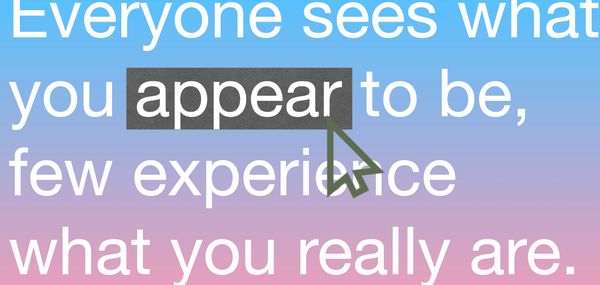
2024/05/31
Find the Word the Mouse is Pointing to on a Webpage with JavaScript

2024/05/29
Create an Interactive Map with Svelte using SVG

2024/05/28
Book Review | Originals: How Non-Conformists Move the World by Adam Grant & Sheryl Sandberg

2024/05/27
How to Algorithmically Solve Sudoku Using Javascript

2024/05/26
How I Increased Traffic to my Website by 10x in a Month

2024/05/24
Life is Like Cycling

2024/05/19
Generate a Complete Sudoku Grid with Backtracking Algorithm in JavaScript

2024/05/16
Why Tailwind is Amazing and How It Makes Web Dev a Breeze

2024/05/15
Generate Sitemap Automatically with Git Hooks Using Python

2024/05/14
Book Review | Range: Why Generalists Triumph in a Specialized World by David Epstein

2024/05/13
What is Svelte and SvelteKit?

2024/05/12
Internationalization with SvelteKit (Multiple Language Support)

2024/05/11
Reduce Svelte Deploy Time With Caching

2024/05/10
Lazy Load Content With Svelte and Intersection Oberver

2024/05/10
Find the Optimal Stock Portfolio with a Genetic Algorithm

2024/05/09
Convert ShapeFile To SVG With Python
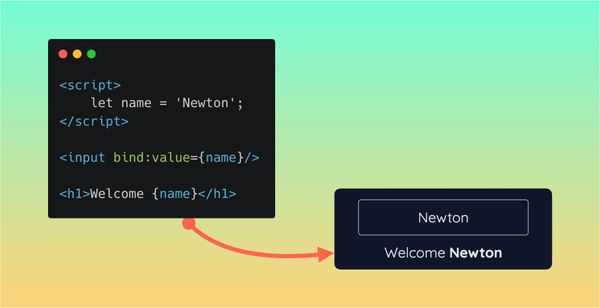
2024/05/08
Reactivity In Svelte: Variables, Binding, and Key Function

2024/05/06
Specialists Are Dead. Long Live Generalists!

2024/05/03
Analyze Voter Behavior in Turkish Elections with Python

2024/05/01
Create Turkish Voter Profile Database With Web Scraping

2024/04/30
Make Infinite Scroll With Svelte and Tailwind
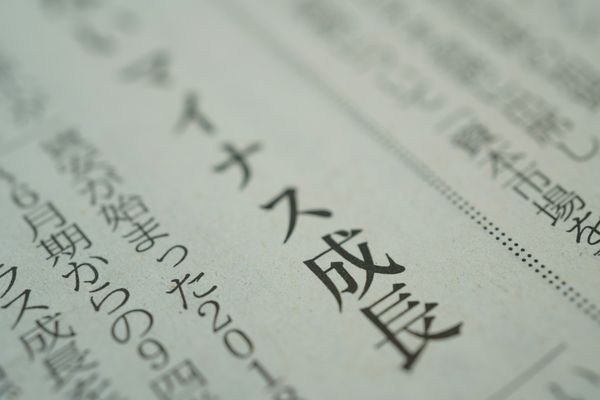
2024/04/29
How I Reached Japanese Proficiency In Under A Year

2024/04/25
Use-ready Website Template With Svelte and Tailwind

2024/01/29
Lazy Engineers Make Lousy Products

2024/01/28
On Greatness

2024/01/28
Converting PDF to PNG on a MacBook
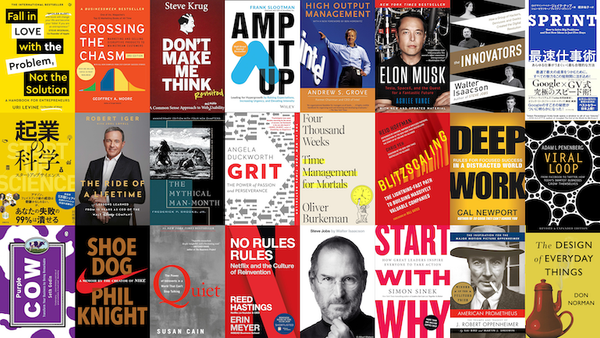
2023/12/31
Recapping 2023: Compilation of 24 books read

2023/12/30
Create a Photo Collage with Python PIL

2024/01/09
Detect Device & Browser of Visitors to Your Website

2024/01/19
Anatomy of a ChatGPT Response
